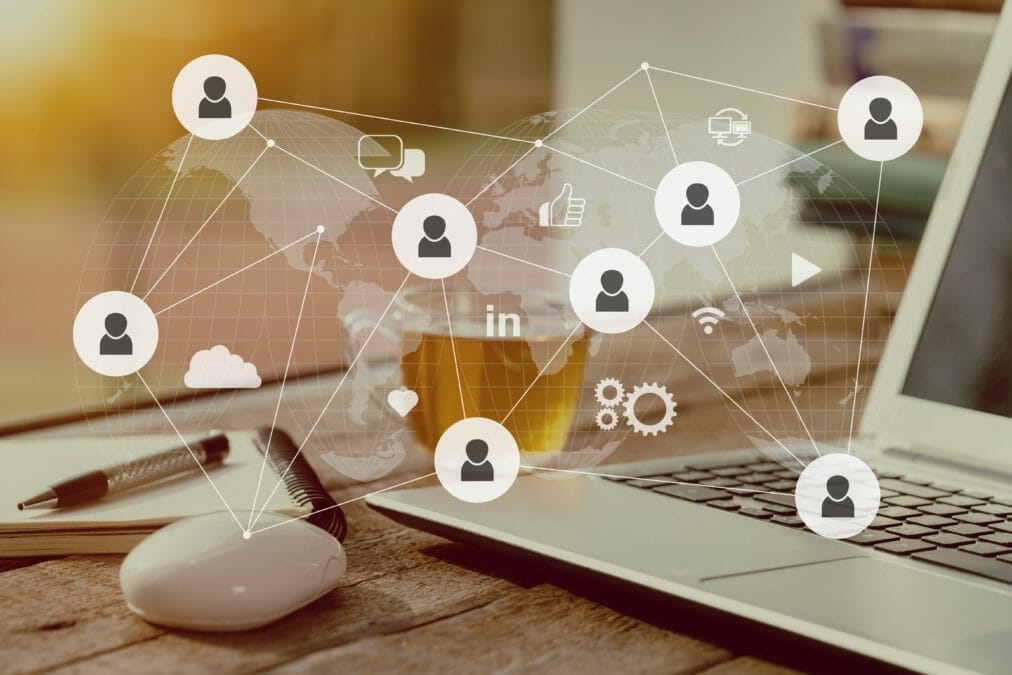It’s fair to say that the past few weeks have seen one of the biggest global crises in modern history.
Anyone who tells you that lockdown hasn’t been tough would be lying, but that doesn’t mean that we can’t also treat what we’ve all experienced as an opportunity to learn. The data lessons, in particular, that we can learn from a crisis help us to better prepare for the next inevitable challenge and will ensure we’re able to better navigate ourselves through them in the future.
Before diving into the important takeaways from the past few weeks, I think it’s important to remember that crises have a tendency to blindside you. The day I had a direct lightning strike hit our office and blow out all of our servers and their suppression systems is a particular crisis that I certainly didn’t see coming. There was also the time I found myself in charge of helping a UK town manage without power or water in the two days leading up to Christmas. Not something that you ever wake-up expecting!
Why are these experiences relevant? Because even though I believe that data is fundamental to navigating a path through whatever the world throws at us, we also need to realise that there aren’t many situations where we’ll have all the data at hand ready to inform our decisions.
We don’t live in an ideal world where perfect data is readily available and abundant, so the most important lesson that a crisis can teach us about data is that we should be ready to adapt and use what we can whilst managing the inevitable gaps in our understanding. Not having all of the data in front of you is not an excuse for refusing to make a decision (and doing nothing is making a decision, albeit often the wrong one!).
The future of data: how organisations can inspire data-driven business transformation
In the current global crisis, like so many other smaller crises, we have had to adapt quickly. What we have to acknowledge is that by using imperfect data and adapting to make a decision without all the necessary information, the chances are we’ll make a bad call at some point.
The second lesson, though, is that we have to learn to be okay with making mistakes, as long as we are quick to pick ourselves up and try again. As my writing partner in crime, Peter Jackson, likes to remind us all: when it comes to data driven decision making, you have to predict, test and then re-predict. If you were right the first time — great! If not, learn from your first attempt, try something new and test again.
The other key lesson, especially with regard to the current crisis, is to work collaboratively. Sharing data is one of the most important things we can do to strengthen our own decision-making processes. We can improve the quality of our data by acknowledging that someone else might have information that could be useful for us.
Countries across the world experienced peaks of Covid-19 at different times, and as such we’ve been able to learn from those with earlier peaks by advancing our medical understanding of the virus and informing public policy decisions by learning from their experiences. Working collaboratively helps to build a fuller dataset, which inevitably leads to fewer mistakes and more informed decision-making.
When all is said and done, this global pandemic is first and foremost a tragedy. We therefore need to collectively learn lessons from our experience of the past months. We need to do this by acknowledging that our data will never be perfect, but if we adapt quickly and reap the benefits of working collaboratively, then we will be better prepared to navigate through the next crisis that the world throws at us.








